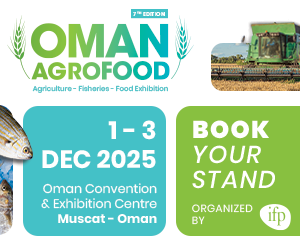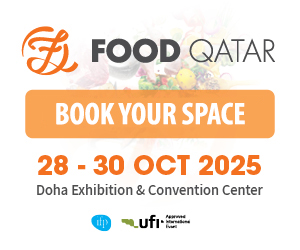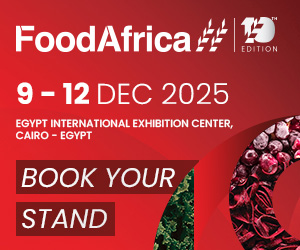Agriculture in Oman is more than food production. It is about safeguarding national food security, sustaining rural families, preserving cultural know-how, and adapting to climate pressures. With limited arable land and scarce water, Oman relies on centuries-old palm-studded oases and desert-edge farms—long masters of dates and citrus—while modernising with greenhouses, high-tech dairy, and a rapidly growing aquaculture industry. Anchored in Oman Vision 2040 and backed by the Oman Investment Authority alongside private investors, these efforts are shaping a coherent and resilient national food system.
Over the last decade, Oman has invested in a full-spectrum food ecosystem: mills, hatcheries, dairy parlours, date refineries, and chilled-seafood hubs that reduce import reliance, stimulate the economy, and bring local products to global standards. Expansion of farmland is no longer the main question—the solutions now lie in advanced water management, climate-smart greenhouses, efficient cold chains, value-added processing, and robust transport links that connect rural farms to logistics hubs and Gulf markets.
Policy Framework: Vision 2040 and Food Security Platforms
Oman Vision 2040 places food and water security at the core of its strategic priorities, calling for efficient resource use, technological adoption, and active private sector engagement. In 2024, the government consolidated food and fisheries investments, streamlining governance, eliminating duplication, and accelerating both self-sufficiency and export growth.
This new framework builds on a decade of investments in poultry (A’Namaa), dairy (Mazoon), milling (Oman Flour Mills and subsidiaries), and fisheries (Fisheries Development Oman). State sponsorship has de-risked projects, built capacity, and paved the way for private operators to scale commercially. The Sustainable Agriculture and Rural Development Strategy 2040 (SARDS 2040) further structures reform around ecological resilience, commercial viability, and rural incomes, embedding agriculture within national diversification goals.
Strategic Recommendations
Water and Climate Resilience
Expand smart metering, dynamic water accounting, and deficit irrigation.
Modernise aflaj canals with lining, leakage repair, and telemetry, while respecting community governance.
Pilot blended-water systems and introduce salinity-resilient crops.
Productivity and Technology
Launch a greenhouse acceleration programme with cooling, fertigation, and integrated pest management.
Invest in heat-tolerant horticulture genetics and tissue-culture propagation of elite date palms.
Strengthen poultry hatcheries and biosecurity, while scaling aquaculture with strong environmental oversight.
Value-Addition and Branding
Introduce a National Date Quality Mark with traceability and premium retail packaging.
Diversify dairy into refined cheeses, lactose-free, and fortified products.
Develop premium seafood lines (breaded, smoked, ready-to-cook) under international certifications.
Feed and Forage Strategy
Use local by-products (date pits, rice bran, fishmeal) in animal feed.
Certify farms that meet water productivity benchmarks and promote saline-tolerant forage.
Quality, Safety and Standards
Establish a unified food quality dashboard with real-time data.
Roll out a national cold-chain code for poultry, dairy, and seafood.
Finance and Market Development
Create blended finance facilities for SMEs in greenhouses and HACCP upgrades.
Form export acceleration task forces to secure GCC retail listings and expand e-commerce.
Use public procurement (schools, hospitals, military) as market anchors with local-content thresholds.
Skills, Extension and Data
Build an AgTech extension corps of agronomists and veterinarians trained in modern methods.
Publish anonymised farm-gate prices, water-use, and yield data to inform investment and stabilise markets.
Governance and Institutional Efficiency
Harmonise authority lines post-merger, set investment thresholds, and digitise permitting for greenhouses, aquaculture, and processing plants.
Conclusion
Oman’s agro-food future lies not in land expansion but in intelligent systems that conserve water, add value, and integrate technology into every step of the supply chain. By leveraging Vision 2040, public-private partnerships, and innovative solutions, Oman is building a food sector that strengthens its economy, sustains its rural communities, and positions itself competitively in the regional and global markets.
By Dr. Hilal Al Sawai
Source: Oman Observer





















































































